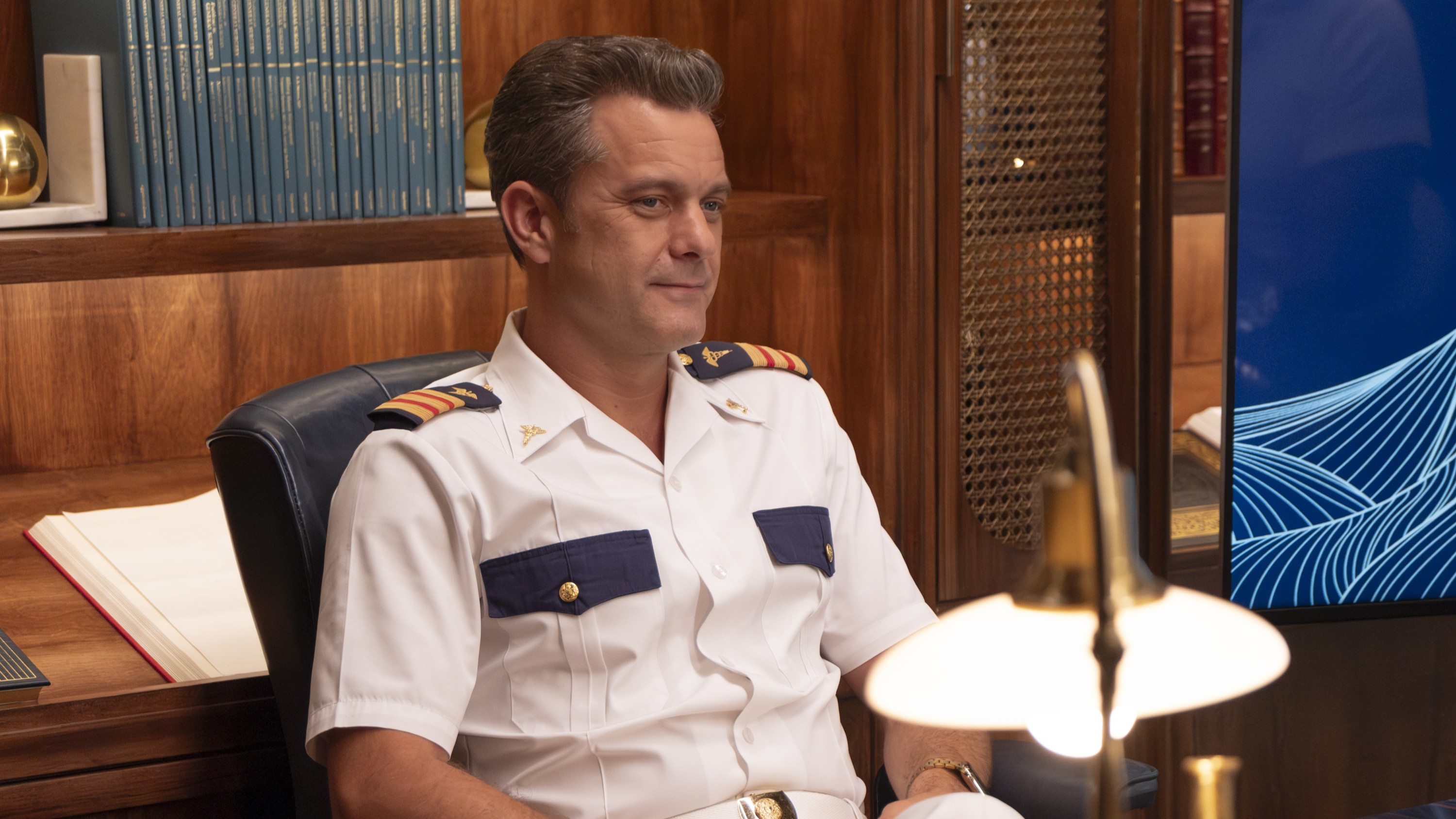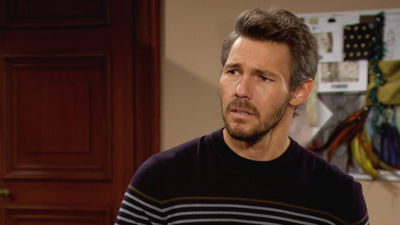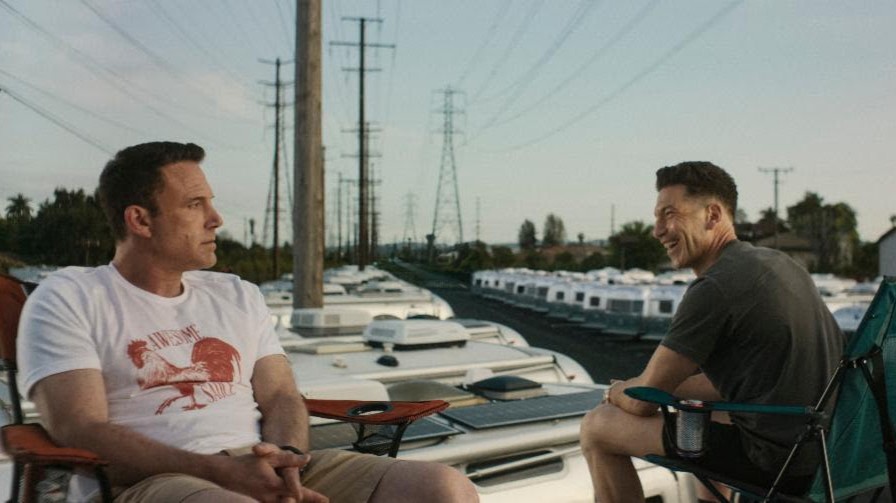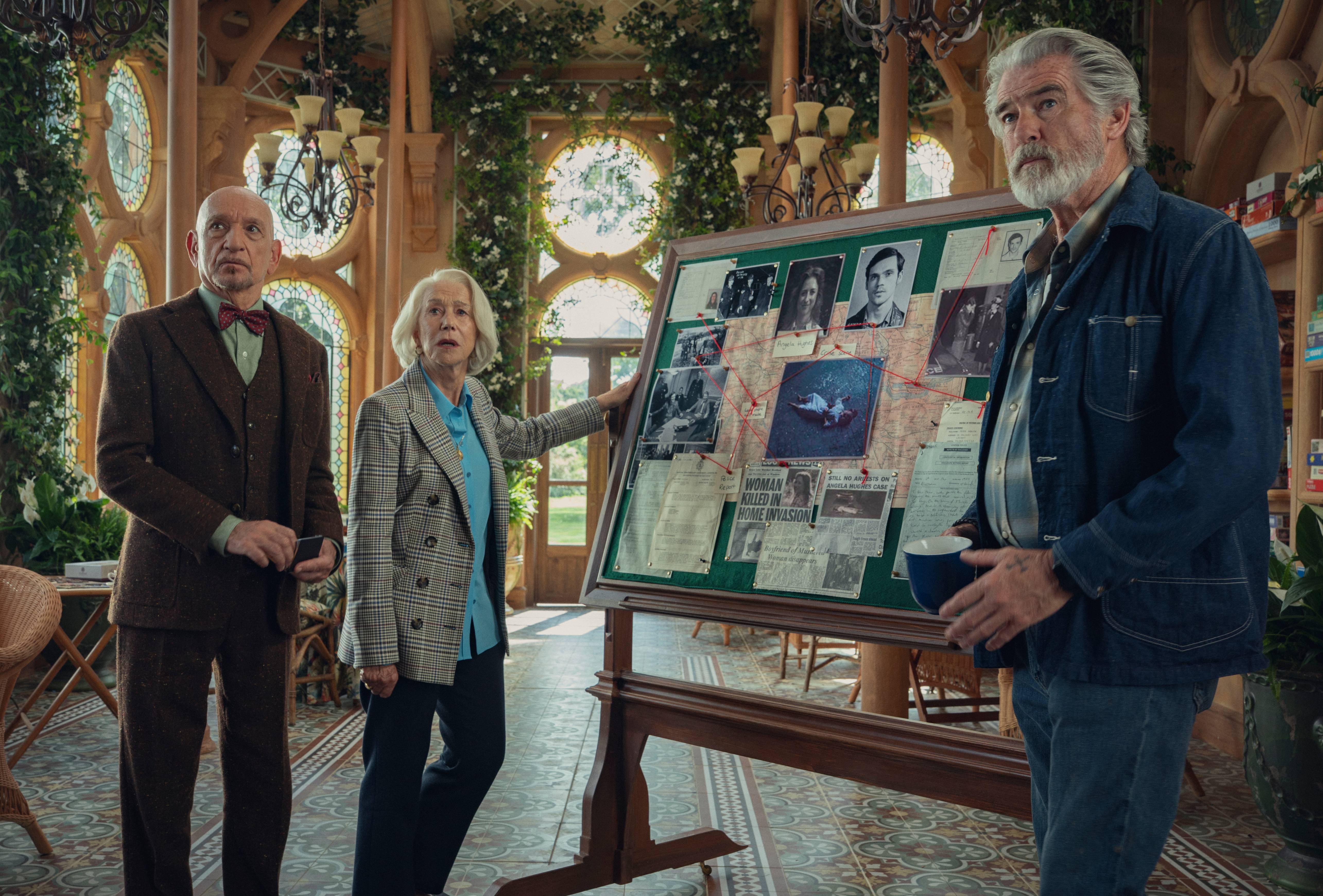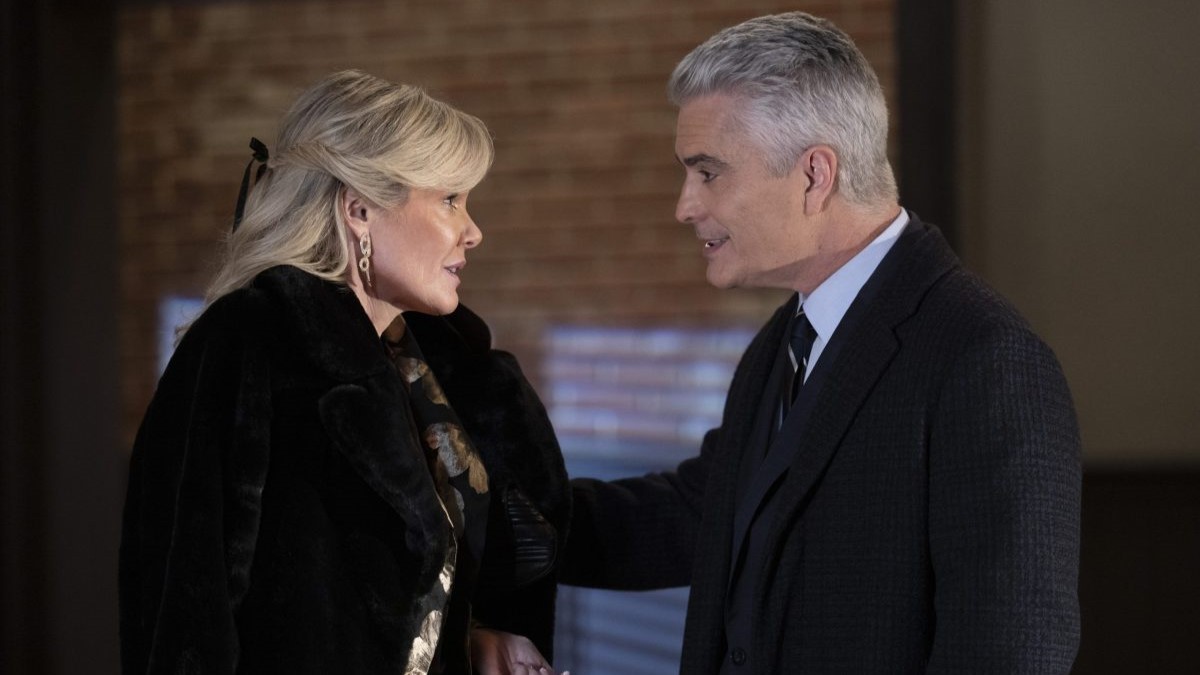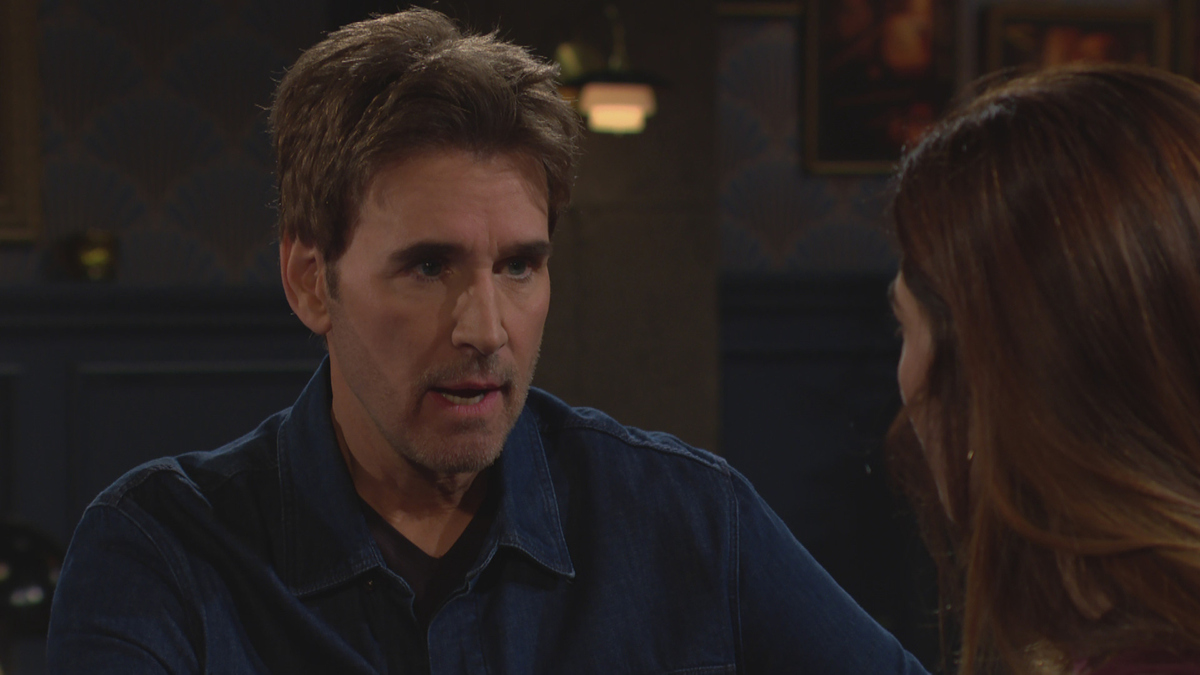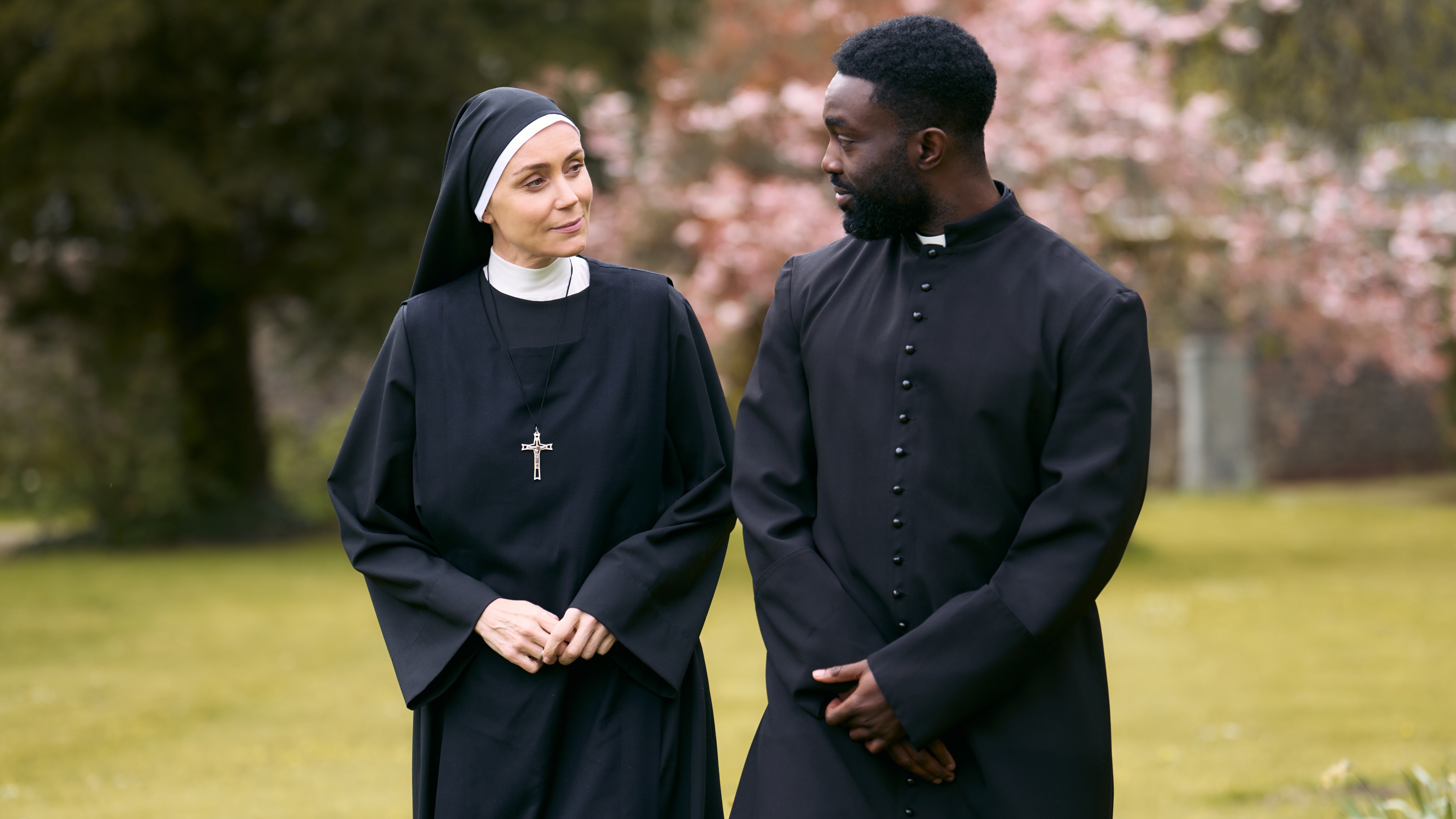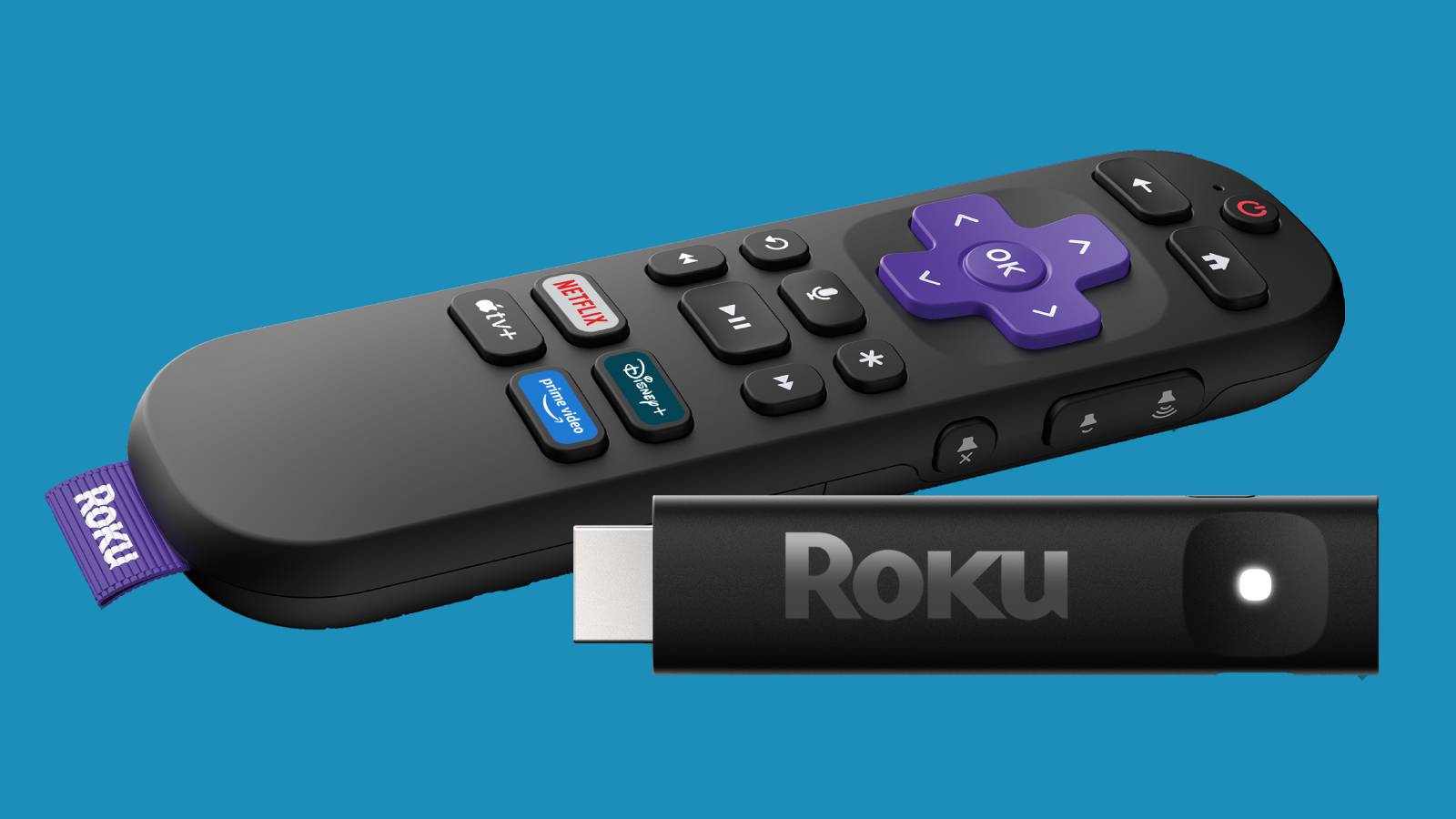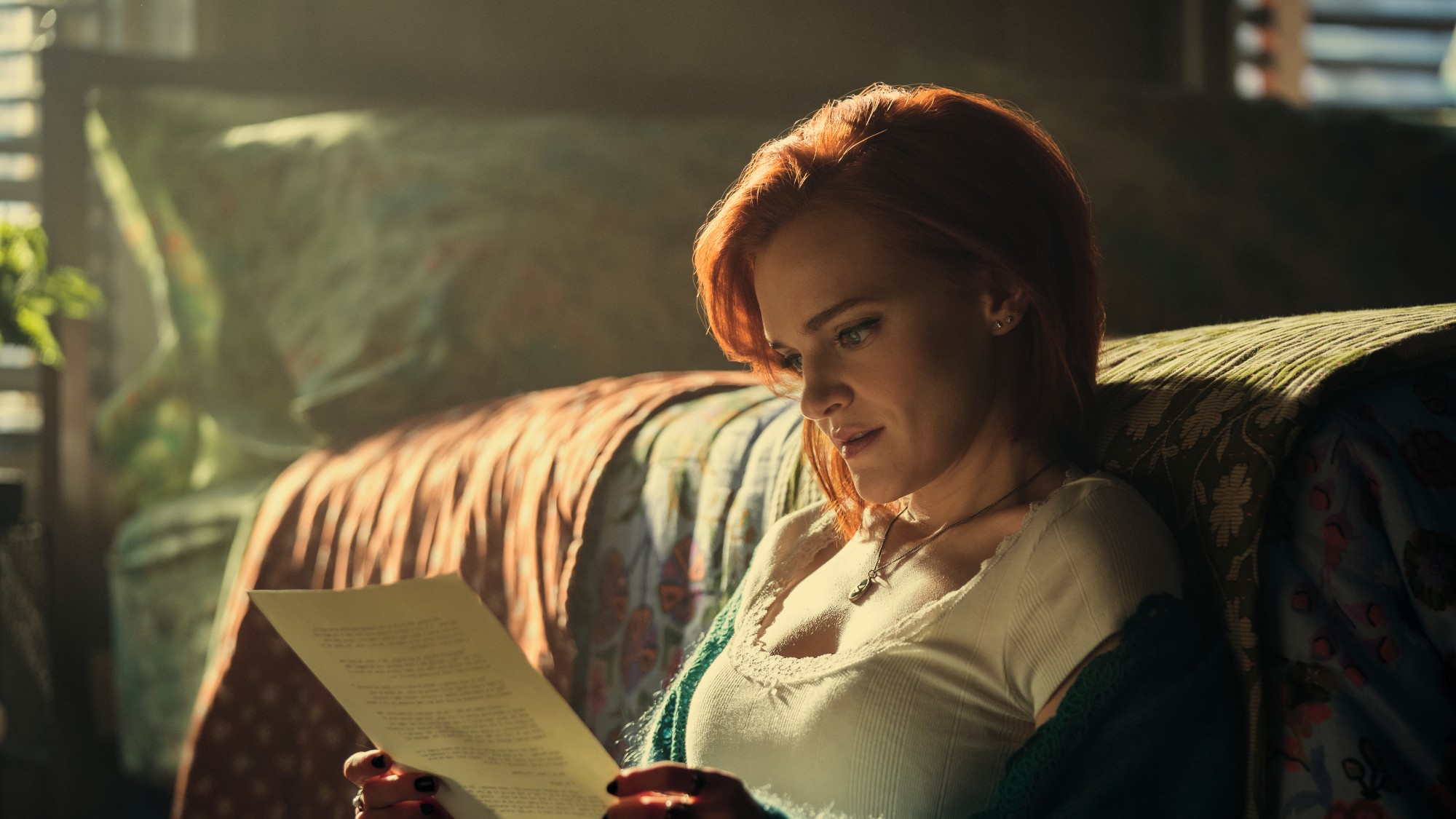MPs denounce the BBC over its role in the 'luvvies letter' of support
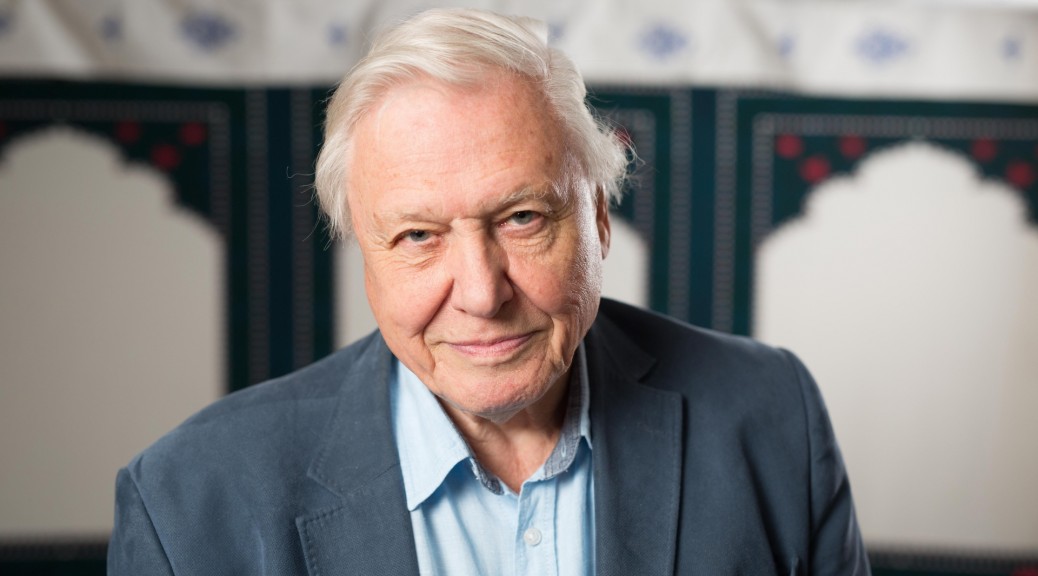
The BBC’s role in involving a number of high profile celebrities in a letter of support has been branded 'entirely unacceptable' by MPs.
The July 2015 pro-BBC letter to Prime Minister David Cameron warned against major cuts when the broadcaster’s charter, which expires at the end of this year, is renewed.
Some of the BBC’s best known presenters, including Sir David Attenborough, Graham Norton, Gary Lineker, Chris Evans, Clare Balding and Claudia Winkleman, signed the open letter which said 'a diminished BBC would simply mean a diminished Britain'.
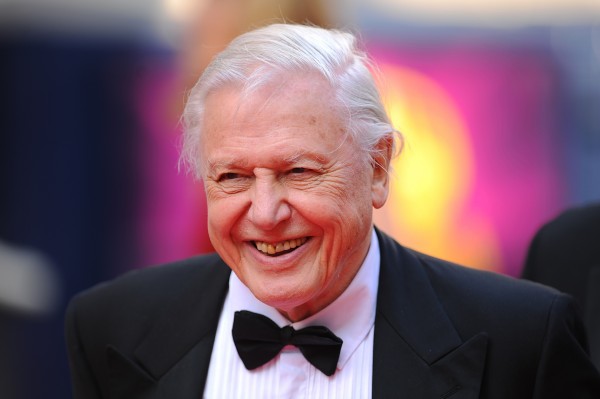
Sir David Attenborough (Dominic Lipinski/PA)
Published in the Daily Telegraph, it was subsequently dubbed the ‘luvvies letter’ because it also included the backing of a host of public figures such as Stephen Fry, Lord Bragg, Sir Lenny Henry, Dame Judi Dench, Richard Curtis, Daniel Craig, Jamie Oliver, Michael Palin and JK Rowling.
In a BBC charter review report published today, the Culture, Media and Sport Committee chaired by Jesse Norman, said it was 'very disappointing' that director general Tony Hall had refused 'to investigate or disavow the episode'.
Get the What to Watch Newsletter
The latest updates, reviews and unmissable series to watch and more!
“It was entirely unacceptable for the BBC to be secretly using stars to campaign ‘independently’ on its behalf, let alone to deceive journalists as to whether this had taken place,” the report said.
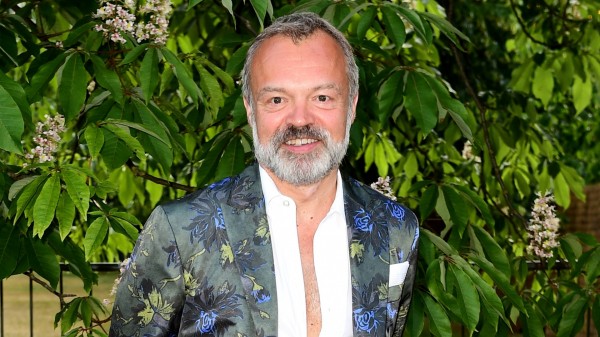
Graham Norton (Ian West/PA)
“It was wrong to have used taxpayers’ money for this purpose, and to have involved employees who may have felt pressurised to take part. It was wrong to put up a news story online which failed to disclose its own involvement.”
A BBC spokesman said: “There are no rules preventing the BBC or its staff from making our case on broadcasting issues, and indeed the BBC has always been able to do so.”
In the same document, the committee praised the corporation as an 'extraordinary national and global institution'”, but said it needs an overhaul of its governance arrangements.
The BBC Trust has 'lost confidence and credibility' and should be 'abolished' even as the problem the Trust was intended to solve – the need for the BBC’s top managers to be held to account on behalf of the licence fee payer – remains.
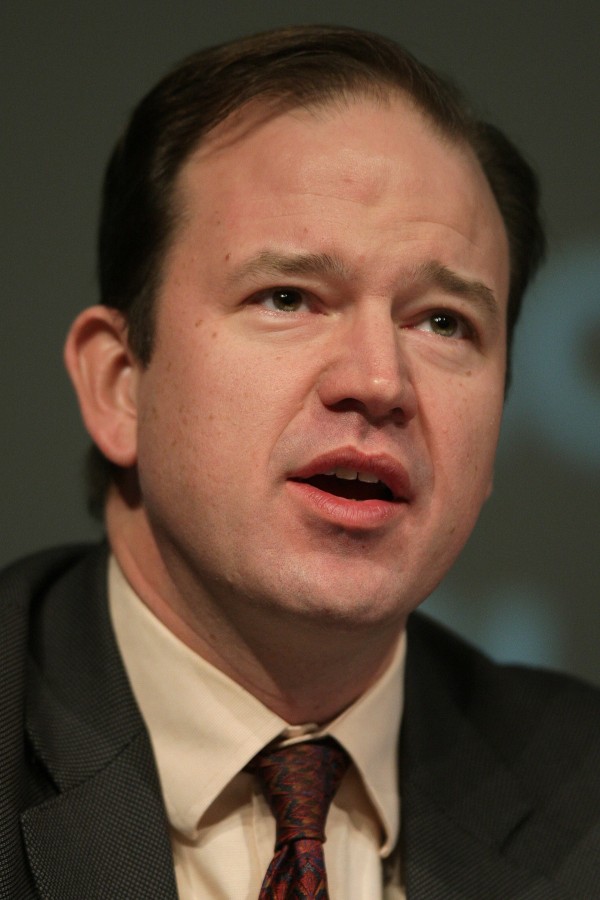
Jesse Norman, MP (Dominic Lipinski /PA)
The BBC’s director general is 'effectively accountable to no one' but also lacks the support for 'difficult editorial decisions', the report concluded.
In relation to the charter review, the process of renewal should be separated from general elections to avoid 'political pressures'.
However, the report also stated there is no 'merit' in a short charter of five years or so. The lack of transparency around salaries, and concerns over levels of pay for executives and talent alike must be addressed, it said.

BBC director general Tony Hall (Dominic Lipinski / PA Archive)
A reformed, strengthened BBC board would, the committee said, 'ensure that the BBC keeps to its public service commitments and maintains its distinctiveness between charter reviews'.
It should also re-examine the business case for BBC Worldwide.
In a statement, Mr Norman said: “As its own chair and director general recognise, it is not well served by its current governance arrangements.”
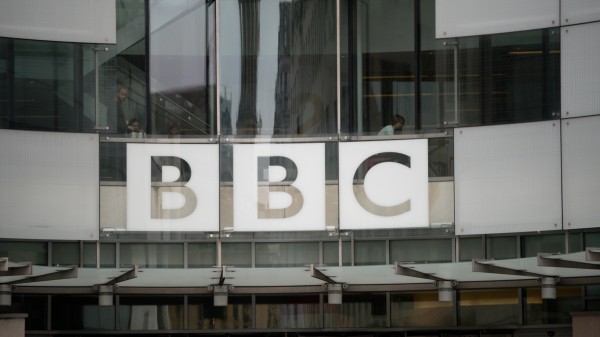
Key functions should be absorbed within Ofcom, the industry regulator.
Mr Norman also said the director general should be made accountable to a new unitary board which needs to address 'a culture within the BBC that has been widely described as bureaucratic, arrogant and introspective'.
“A key issue for the new charter is how to balance accountability and independence.”
He described the licence fee settlement last July as 'rushed and secretive' and said it was 'highly regrettable'.
In return for the BBC’s agreement to shoulder the £650m cost of free TV licences, the Government promised to allow the £145.50 fee to increase in line with inflation and close a loophole that made it possible to watch on-demand television without a licence.
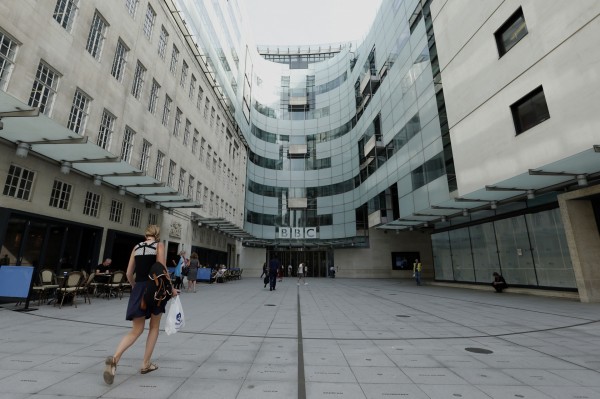
BBC’s Broadcasting House (Jonathan Brady/PA)
“The Government should take steps to make sure it cannot happen again,” he said.
A BBC Trust statement said: “We welcome the committee’s endorsement of the Trust’s proposals in 2015 for substantial reform of the BBC’s governance – including the creation of a unitary board and strong independent regulation, specific to the BBC.”
In a statement, the BBC called the report 'an important contribution to the debate on the future of the BBC'.
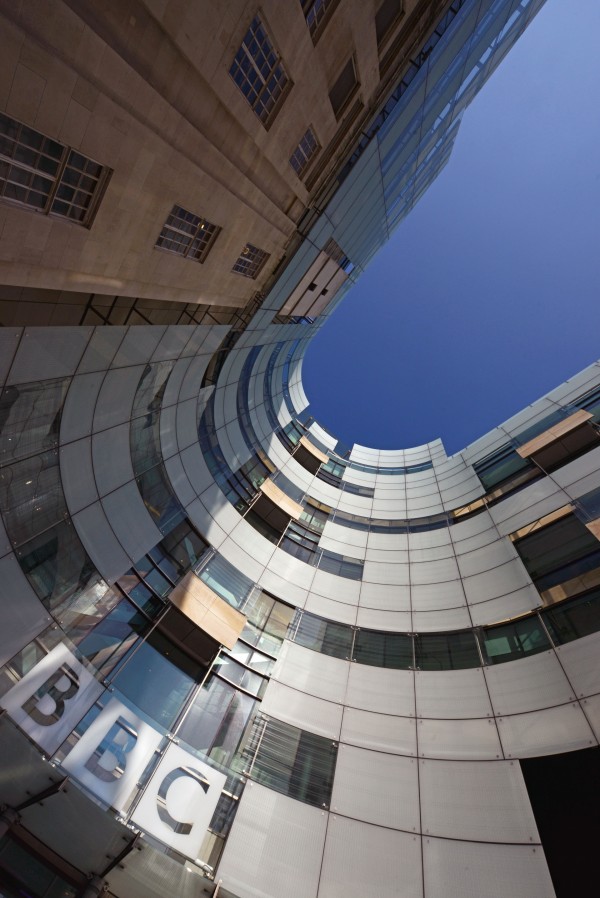
BBC’s Broadcasting House (BBC)
“We support the committee’s assertion that the BBC’s independence should be protected by taking the BBC out of the political cycle, and agree with its proposal for an 11 or 12 year charter.
“Like the committee, we think the BBC should be externally regulated – we believe that a unitary board would be good for the BBC and strengthen accountability. We also welcome the committee’s support on the BBC’s record on producing distinctive programmes which we know that the public love, and its recognition of the BBC’s value to the UK and around the world.”
PA Media is the national news agency for the UK and Ireland. With unrivalled access to the performers, productions and celebrities on both sides of the Atlantic, PA Media stories provide an irresistible glimpse into showbiz news. Bringing you all of entertainment's big moments. From daily soaps to film productions, we cover the shows that audiences want to know about with our previews, news and interviews.

